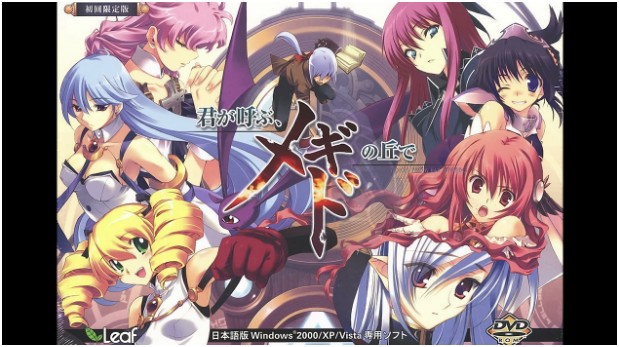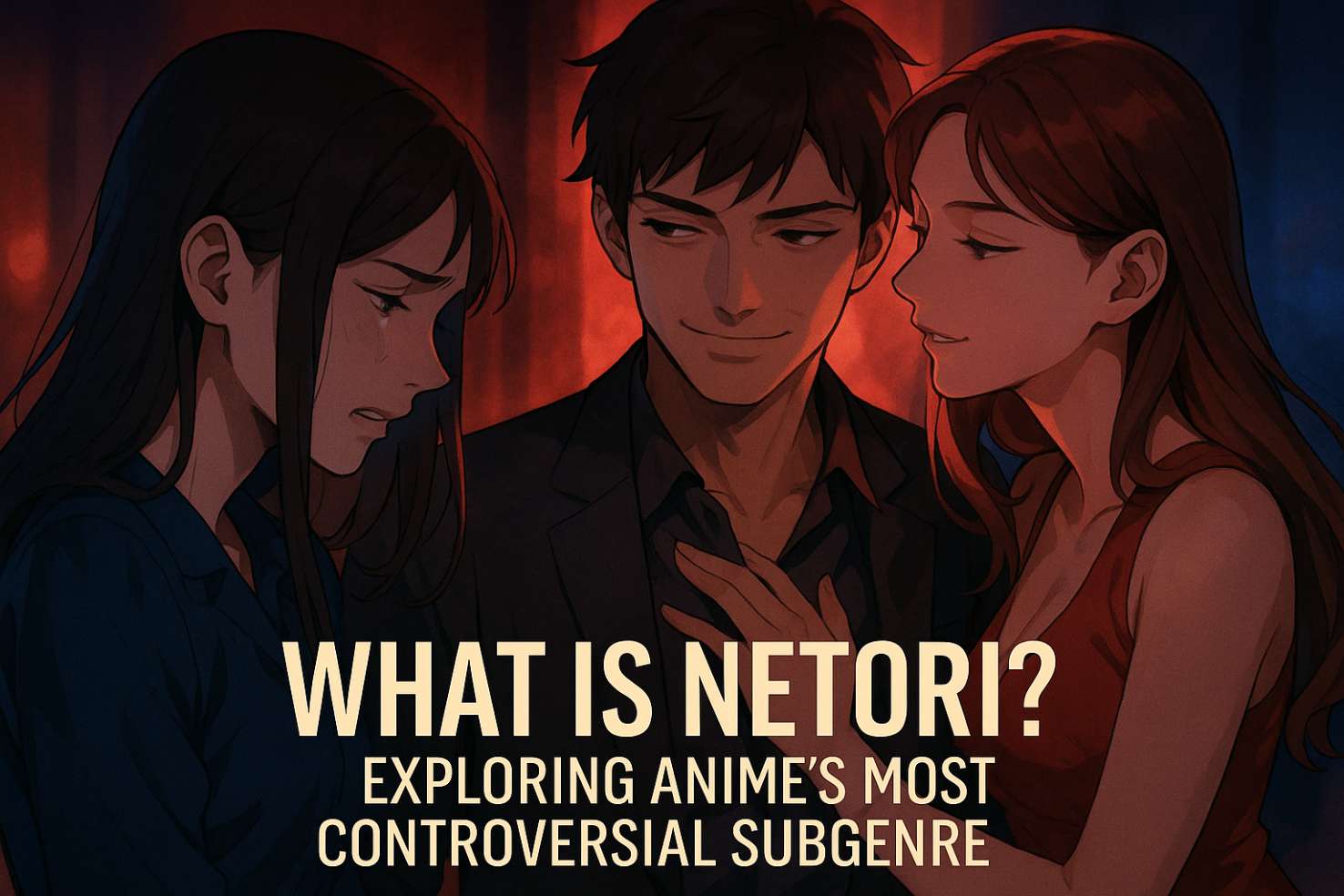Welcome to the delightfully chaotic world of anime and manga genres, where no trope is too spicy, no storyline too twisted, and no emotion too sacred. If you’ve been lurking in fan forums, Reddit threads, or even meme-filled corners of the internet, you’ve probably stumbled across the word Netori.
And let’s face it — you Googled “what is Netori” out of sheer curiosity. Good. You’re in the right place. Strap in — this is going to be a wild, emotional, and eyebrow-raising ride through one of anime and manga’s most controversial and misunderstood subgenres.
So… What Is Netori, Really?

Credit: YouTube
Let’s get to the heart of it.
What is Netori? At its core, Netori (寝取り) is a Japanese term that refers to a narrative where a third party seduces or steals someone else’s romantic partner — usually leading to betrayal, heartbreak, and a whole heap of emotional turmoil.
In simpler terms: Netori is the “homewrecker’s” point of view in fiction.
Now, before you clutch your pearls, Netori isn’t just about chaos for chaos’ sake. It’s often used to explore themes like jealousy, insecurity, power dynamics, and manipulation. That’s right — it’s not always about the smut (although, let’s be real, that’s a big part too).
Netori vs. Netorare: Please Don’t Confuse the Two
If you want to understand about Netori, you need to separate it from its similarly named cousin: Netorare (NTR).
Here’s the difference in plain English:
- Netori (寝取り): You’re following the person doing the stealing. It’s the seducer’s story. You’re in the driver’s seat of the one “taking” someone else’s lover. It often glorifies the act of conquest.
- Netorare (寝取られ): You’re watching the one being betrayed. It’s the “I got cheated on” point of view. Cue the heartbreak, tears, and self-esteem breakdowns.
Same cheating situation — two very different perspectives. Netori feels dominant, powerful, and predatory. Netorare feels helpless and tragic. And trust us, fans of each subgenre are very protective of their respective turf.
The Psychology Behind Netori

You might be thinking, “Why would anyone enjoy this?” Great question — and the answer is deeply human.
Here’s why people are drawn to Netori content:
- Power Fantasy: Being the one in control, the seducer, the irresistible force. It scratches the ego in a way other genres can’t.
- Forbidden Fruit: Humans are naturally curious about what’s taboo. Netori is like peeking into the most dramatic parts of a soap opera… turned up to 100.
- Role Reversal: Some people enjoy stepping into morally ambiguous roles. It’s fiction — you’re allowed to explore a darker side of your psyche.
- Intense Emotions: Netori content is drama-packed. Betrayal. Passion. Jealousy. It’s like watching a slow-motion car crash — you can’t look away.
- Subversion of Romance: Tired of vanilla love stories with happy endings? Netori flips that formula and adds a bitter twist of reality.
So if you’ve asked yourself about Netori and why it’s trending in anime circles, the answer is simple: it’s emotionally messy and fans love the mess.
Popular Examples of Netori in Anime & Manga
Here are some notable (and spicy) Netori-themed or adjacent titles — viewer discretion advised:
- “School Days” – The godfather of psychological drama and betrayal. Not for the faint of heart.
- “Kimi ga Yobu, Megido no Oka de” – An eroge visual novel dripping in Netori vibes.
- Various Doujinshi – Many fan-made adult comics explore Netori because of its dramatic, emotional punch.
Keep in mind: mainstream anime usually tones it down, but erotic manga, hentai, and visual novels often go full throttle with Netori storylines.
Is Netori Only a Japanese Thing?
Not really! While Netori is a Japanese term, the concept exists worldwide. Western entertainment is packed with love triangles and partner-swiping drama:
- Think “Fatal Attraction”
- Or “Unfaithful”
- Even shows like “Grey’s Anatomy” dabble in emotional cheating constantly
The main difference? In Japanese Netori, the focus is often on eroticism, psychological depth, and emotional manipulation — whereas Western versions tend to moralize or dramatize without the same level of intensity.
Is Netori for Everyone?
Absolutely not. Netori is divisive, controversial, and emotionally intense. It’s not your cutesy romance or your wholesome slice-of-life. If you hate betrayal tropes, this might not be your jam.
But if you’re into layered storytelling, psychological power plays, and boundary-pushing fiction, Netori just might intrigue you.
That’s the thing about asking what is Netori — the answer is complex. It’s not just about who kisses who. It’s about control, desire, envy, and the raw, unfiltered sides of human love.
Love, Lust, and a Side of Drama: Netori Isn’t for the Faint of Heart
So now you know the answer to what is Netori — a genre that’s both seductive and unsettling. It’s the drama-filled cousin of romance. The anti-fairytale. The mirror showing us not just what we want… but what we’re afraid to admit we want.
Whether you love it, hate it, or are still emotionally reeling from your first encounter, one thing’s for sure: Netori isn’t going anywhere.
It lives rent-free in the minds of curious fans, psychology nerds, and those who believe love stories don’t always need a happy ending to be unforgettable.







